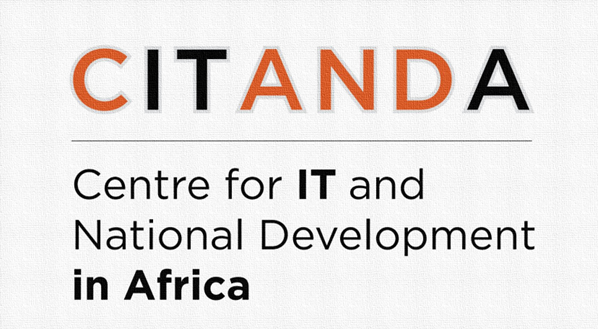Abstract
The aim is to assess the impact of YouTube videos about academic writing and its skills on the writing performance of students. Theoretical perspectives from constructivism and associated learning models are used to inform the purpose of the research. The contextual setting is matriculation students awaiting admission to higher institutions. The population is 40 students belonging to a class aimed at assisting disadvantaged students in their academic writing in Scottsville, Province of KwaZulu-Natal, South Africa. The students are broken into two groups – control/traditional teaching and the treatment/YouTube facilitated groups. Consequently, a dominant qualitative approach is adopted using focus group discussion, interviews and tests to identify underlying patterns, methods and approaches to best fit academic writing guides and videos to improve user experiences of the media for academic writing. The fundamental results show that positive characterisations of user experiences include innovation, surprise, playfulness and stimulation whereas the narratives that are not satisfying are categorised as dissatisfaction, frustration, dissolution, disappointment, anger, confusion and irritation. Ultimately, the major findings of the research have the potential to improve user experiences on the platform by highlighting how and when the positive and negative experiences of users occur and a mapping of the differences in the academic writing performance between the two groups and best practices. Finally, the results have implications for pedagogy - the fitting of YouTube videos to academic writing instruction.
Included in
Digital Humanities Commons, Instructional Media Design Commons, Management Information Systems Commons, Online and Distance Education Commons, Social and Behavioral Sciences Commons


